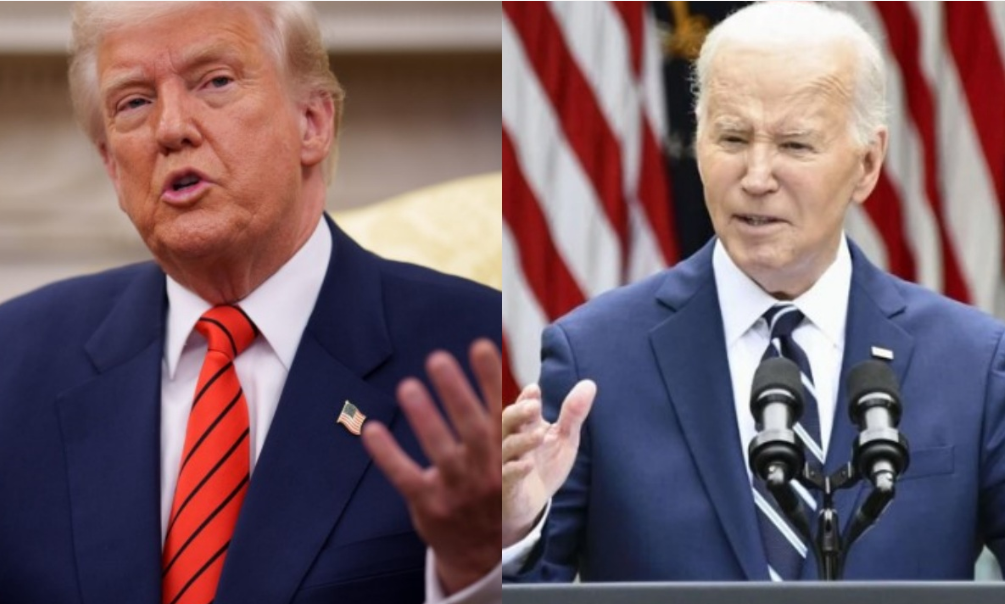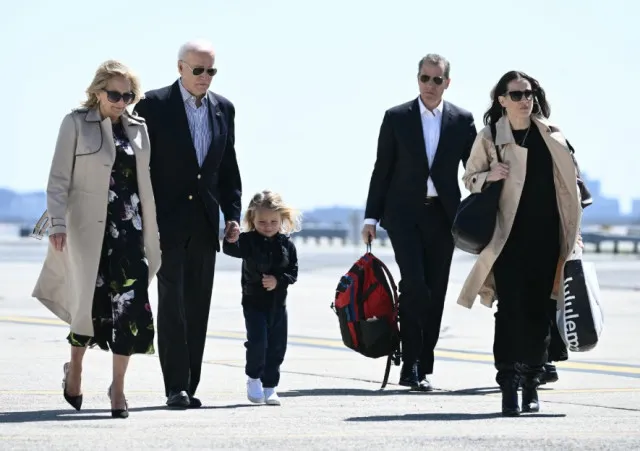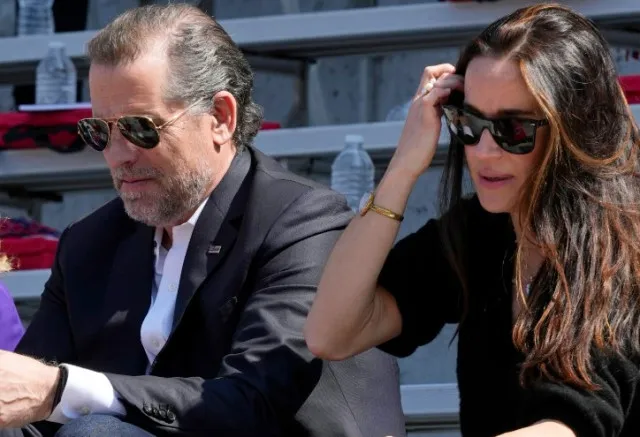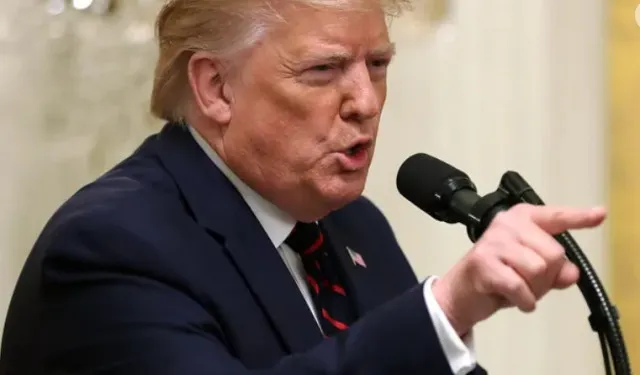President Donald Trump has made headlines again by revoking Secret Service protection for Hunter and Ashley Biden, the adult children of former President Joe Biden. Trump defended his decision, citing excessive costs to taxpayers and questioning whether such security measures were necessary. This move has sparked debate over government spending, security policies, and political motives.

Trump’s Justification: Cutting Unnecessary Costs
Trump has long been vocal about what he perceives as government waste, and this decision aligns with his stance on reducing taxpayer-funded expenses. According to his statement, Hunter Biden had 18 Secret Service agents assigned to his protection, while Ashley Biden had 13. Trump called these numbers “ridiculous,” arguing that the financial burden on taxpayers was unjustified.
In his official statement, Trump pointed out that Hunter Biden was traveling internationally, including to South Africa, which he described as a country with “serious human rights concerns.” He suggested that such trips should not be funded by American taxpayers, further justifying his decision to cancel protection for both Hunter and Ashley.

The Role of the Secret Service in Protecting Former Presidents’ Families
The Secret Service has a longstanding mission to protect the President, Vice President, and their immediate families. While security is automatically provided for sitting presidents and their spouses for life, their children only receive protection up to the age of 16. However, outgoing presidents can request extended security details for their adult children, typically lasting six months after leaving office.
Both Trump and Biden previously exercised this option, ensuring that their children remained under federal protection beyond the standard timeline. However, Trump’s latest move suggests a shift in his perspective on the necessity of this protection, at least for Biden’s family.
Video: Donald Trump revokes ‘ridiculous’ Secret Service detail for Joe Biden’s family
Public Reactions: Divided Opinions on the Move
The decision to end Secret Service protection for Biden’s children has drawn mixed reactions:
- Supporters of Trump’s decision argue that taxpayer money should be spent on more critical issues, such as healthcare, education, and infrastructure. They believe that Hunter and Ashley Biden, as private citizens, should arrange for their own security.
- Critics, however, see the move as politically motivated, arguing that Secret Service protection is a matter of national security rather than politics. They claim that public figures, especially those related to former presidents, remain targets and should have access to security regardless of cost.
Social media has been flooded with reactions, with some users agreeing with Trump’s stance, while others accuse him of hypocrisy given that his own children received extended Secret Service protection after his presidency.

Comparisons to Trump’s Own Family’s Protection
One of the most significant counterarguments against Trump’s decision is the fact that he previously extended Secret Service protection for his four adult children and their spouses for six months after leaving office. This additional security reportedly cost U.S. taxpayers millions of dollars.
Critics argue that this sets a precedent that contradicts his current stance. If his adult children were deemed important enough to receive taxpayer-funded protection, why should Biden’s children be treated differently? This has led some to believe that the move is less about saving taxpayer money and more about political retribution.

Security Risks for High-Profile Families
Regardless of political views, former presidents’ families face unique security threats. Public figures are often targeted due to their connections, wealth, or influence. While the debate over taxpayer costs is valid, many argue that removing security for Biden’s children could expose them to serious risks.
In the past, threats against former presidents and their families have been well-documented. Without Secret Service protection, they may be forced to hire private security teams, which could still come at a high cost—albeit one not funded by taxpayers.
Video: Trump ends Secret Service protection for Biden’s children after Hunter Biden takes luxury trip
What This Means for Future Presidents’ Families
Trump’s decision raises questions about how future presidents’ families will be treated when it comes to security. Will there be a consistent policy moving forward, or will each administration handle it differently? Some experts suggest that Congress should establish clear guidelines to avoid politicized decisions regarding Secret Service protection.
If security protection becomes a discretionary issue, future administrations may continue altering policies based on personal or political beliefs, rather than national security concerns.
Conclusion
President Trump’s decision to revoke Secret Service protection for Hunter and Ashley Biden has ignited debates over government spending, security policies, and political motives. While some support the move as a necessary cost-cutting measure, others see it as politically motivated and potentially dangerous.
As the debate continues, one thing is clear—security decisions affecting former presidents’ families must be handled with consistency and fairness. Whether Trump’s decision will set a new precedent or be viewed as a one-time political maneuver remains to be seen.